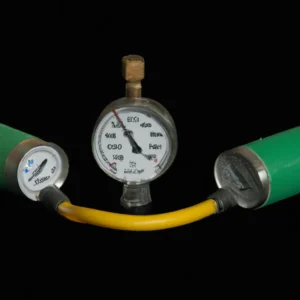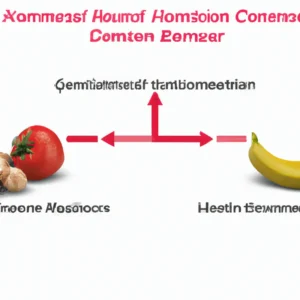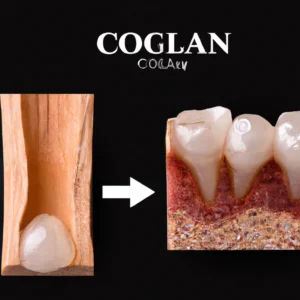Explore Intrinsic vs. Extrinsic Motivation Dynamics
The Psychology of Motivation: Intrinsic vs. Extrinsic Factors
Motivation drives our actions and shapes our behaviors. It explains why we pursue goals and strive for success. Understanding motivation helps us achieve aspirations and lead fulfilling lives. This blog post explores intrinsic and extrinsic motivation and offers tips to maximize your potential.
What is Intrinsic Motivation?
Intrinsic motivation originates from within. It involves engaging in activities for personal satisfaction rather than external rewards. For instance, someone might read a book for pleasure, enjoying the story or writing style. Their motivation stems from the joy of reading itself.
Key Characteristics of Intrinsic Motivation
1. **Personal Satisfaction**: You feel intrinsically motivated when an activity brings you joy. This satisfaction deepens your connection to the task.
2. **Autonomy**: Intrinsic motivation flourishes when you choose how to engage with a task. This autonomy enhances your experience and encourages creativity.
3. **Mastery**: Intrinsically motivated people strive for mastery in their skills or knowledge. The desire to improve serves as a strong motivator.
Research shows intrinsic motivation fosters long-lasting engagement. When you enjoy your activities, you stick with them despite challenges.
What is Extrinsic Motivation?
Extrinsic motivation relies on external factors. It involves performing tasks to gain rewards or avoid punishments. For example, a student studies hard to earn good grades or receive praise. Here, motivation comes from outside rather than genuine interest.
Key Characteristics of Extrinsic Motivation
1. **External Rewards**: Tangible rewards like money or recognition drive behavior. These incentives work well in structured environments like workplaces or schools.
2. **Social Pressure**: Expectations from others can influence your actions. You may feel motivated to meet standards set by peers, teachers, or employers.
3. **Avoidance of Negative Outcomes**: Fear of failure or criticism can motivate people. Many act to avoid unpleasant experiences.
While extrinsic motivation can boost short-term engagement, it may not sustain interest long-term. Individuals often lose motivation when external rewards disappear or social pressures overwhelm them.
The Interplay Between Intrinsic and Extrinsic Motivation
Both intrinsic and extrinsic motivation play vital roles in our lives. Intrinsic motivation often leads to higher satisfaction and engagement.
Conclusion
Understanding intrinsic and extrinsic motivation helps us harness these forces. Use this knowledge to maximize your potential and achieve your goals.
Below are related products based on this post:
FAQ
What is the main difference between intrinsic and extrinsic motivation?
Intrinsic motivation comes from within and is driven by personal satisfaction and joy in the activity itself, while extrinsic motivation relies on external factors such as rewards or social pressures to encourage behavior.
How can I enhance my intrinsic motivation?
You can enhance intrinsic motivation by focusing on activities that bring you joy and satisfaction, allowing yourself autonomy in how you engage with tasks, and striving for mastery in your skills or knowledge.
Are there situations where extrinsic motivation is beneficial?
Yes, extrinsic motivation can be beneficial in structured environments, such as schools or workplaces, where external rewards can effectively drive short-term engagement and help meet immediate goals.















Post Comment